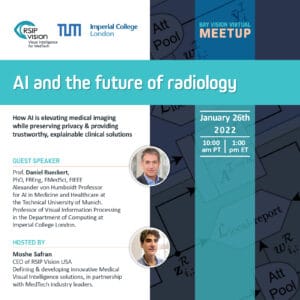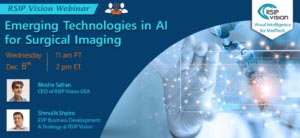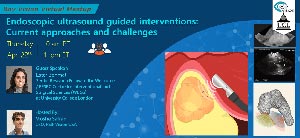Host: Moshe Safran (RSIP Vision)
Invited speaker: Professor Julia A. Schnabel, PhD
Chair in Computational Imaging, and Head of Research & Impact
School of Biomedical Engineering & Imaging Sciences, King’s College London, UK
Executive Editor, Journal of Machine Learning in Biomedical Imaging (MELBA)
General Chair, Information Processing in Medical Imaging 2021 (IPMI’21), Bornholm, Denmark
General Chair, Medical Image Computing and Computer Assisted Intervention 2024 (MICCAI’24), Marrakesh, Morocco
Machine learning, and in particular deep learning approaches have shown great promise in medical imaging for disease detection, staging and segmentation, with more recent developments focusing on motion correction and shape modeling.
A common approach is to train algorithms on well annotated and curated high-quality image databases that do not reflect clinical reality, causing them to fail in a hospital setting.
In this talk, Professor Julia A. Schnabel presents approaches that operate from the imaging sensor right through to extracting clinically relevant measures, by applying realistic data augmentation for image quality control and end-to-end solutions, with examples in cardiac magnetic resonance imaging and fetal ultrasound. Prof. Schnabel concludes by providing some perspectives on challenges that yet need to be overcome.





